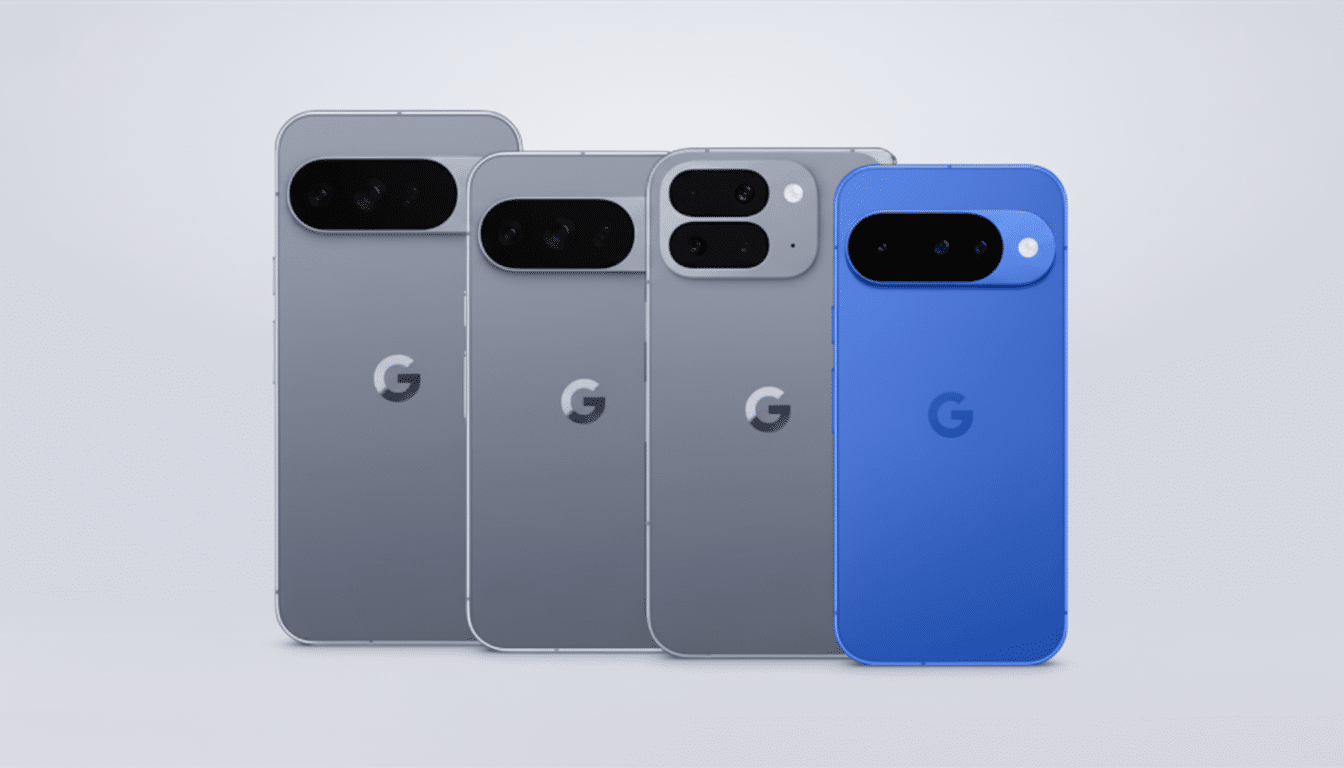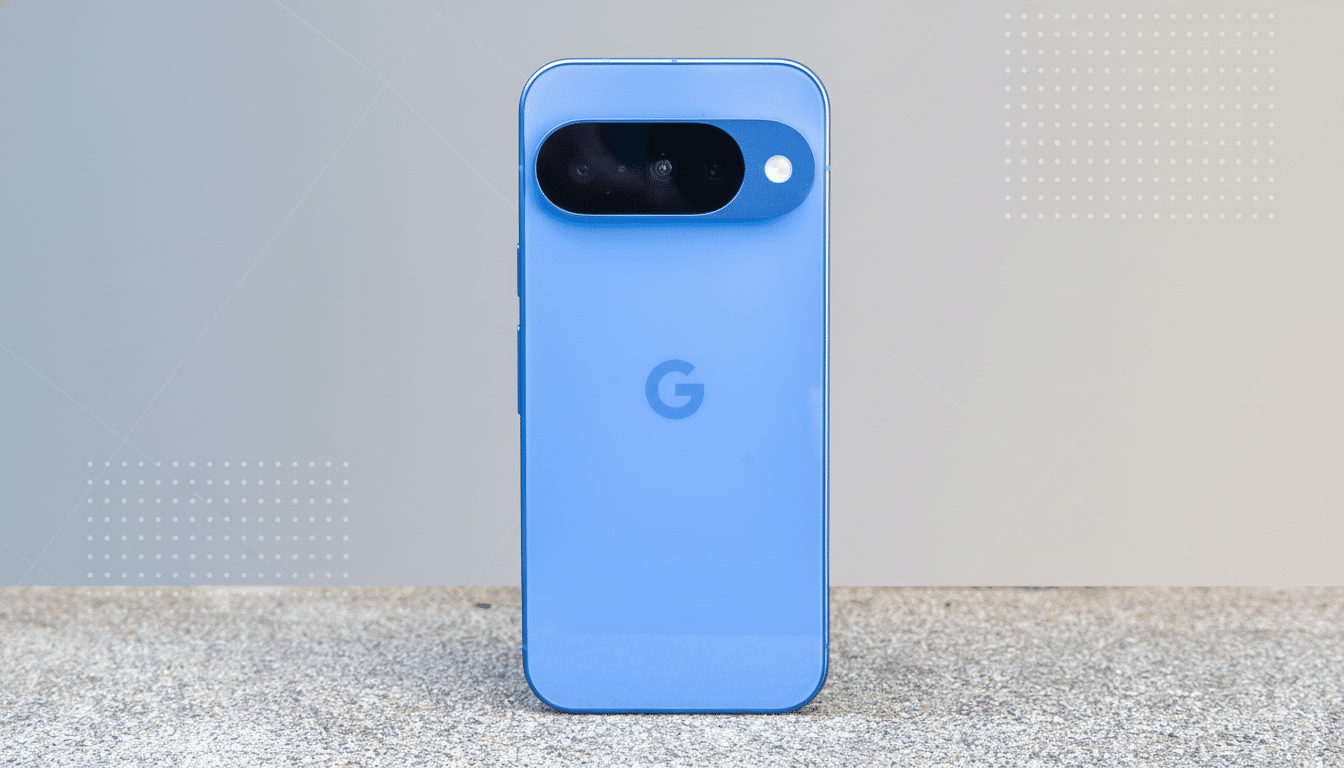Google is introducing Private AI Compute to Pixel phones, a new privacy-favorable method to utilize potent cloud models without allowing the company access to your personal information. It is providing Pixels with a comprehensive lift in AI adoption by blending on-device guarantee features with Gemini in the cloud’s scope. This will begin on the Pixel 10 series with upgraded Magic Cue utilizing Gemini, and on the Pixel 8 series and later with updated Recorder summaries.
How Private AI Compute works for secure Pixel features
Private AI Compute moves activities that need a high degree of protection to a private hardware environment in the cloud and then processes them using Gemini’s best models. Crucially, your data is processed using solid encryption and within the Titanium Intelligence Enclaves, an isolated compute enclave in Google. Google explains the approach as a clone of on-device AI privacy assurances; it features secure execution and access to ensure no one sees your content, including Google staff.

The aim is simple: phones are frequently insufficient to use large, high-quality models when it comes to time-context reasoning or dual-language working sessions. By relocating heavy workloads to the cloud, but keeping them safe, Pixels can offer more qualities like those described above without smashing battery life or drenching storage.
Early Pixel features powered by Private AI Compute
Magic Cue is the first highlight on the Pixel 10 series. Using additional compute, it can generate active, accurate recommendations based on current information, enhancing your preparation for meetings, context-aware alerts while composing, and intelligent conversation prompts, all while obscuring your personal information from Google.
Pixel Recorder is leveling up, too. Starting with the Pixel 8 this week, summaries of transcribed recordings are now available in additional languages. They will be coming soon in English, Mandarin Chinese, Hindi, Italian, and Japanese, starting with the Pixel 8 onward. That’s a direct quality-of-life upgrade for students, reporters, and field workers wrestling with notes in multiple languages.
Why this matters for the future of mobile AI
Mobile AI is a trade-off. It has to juggle the demands of AI with the constraints of mobile hardware and networks, even when the phone doesn’t keep pace. On-device processing can provide speed and privacy, but big models also require memory bandwidth, thermal headroom, and energy budgets that phones cannot always spare. Cloud AI helps you scale, but often at the expense of control over your data. Private AI Compute attempts to square the circle: cloud-grade intelligence with device-like privacy assurances.

This aligns with an overall industry trend of turning to confidential computing. Apple’s Private Cloud Compute and contributions to the Confidential Computing Consortium suggest that hardware-isolated execution is where things are heading for privacy-first cloud AI. Google’s edge here is model depth: Gemini 1.5 expands to a claimed one million token context window, according to the Google Research blog—orders of magnitude larger than what a handset can credibly support—which makes long-form summarization or reasoning over large transcripts far more effective as tasks.
Security, privacy, and transparency in Google’s approach
Google says its Titanium Intelligence Enclaves offer hardware-based isolation, encryption in use, and rigorous access boundaries to ensure that data cannot be accessed outside of the protected environment. The company characterizes this as akin to “running AI on your device,” but powered by cloud horsepower. While the details are important (e.g., their policies around data retention and verification), this model is based upon proven security primitives including attestation and secure boot, which, to a large extent, have already been adopted by trusted-execution-focused organizations.
- Who can see my data?
- How long does it last?
- Can I opt out?
Google’s messaging is that requests are secured and handled within the enclave and are ephemeral in nature. Look for more documentation and independent scrutiny as the rollout expands.
What to watch next as Private AI Compute rolls out
Google gives some clues that Private AI Compute will be used in more Pixel experiences, and eventually beyond phones. Of course, this would allow richer document summaries, live translation with broader context, and assistants that reason over a long time horizon—domains in which larger models excel.
The bottom line is this: Private AI Compute signals a new default for mobile AI—hybrid, privacy-preserving, and performant. If Google can stick to its privacy principles as it scales these features, Pixels could benefit from smarter tools without trade-offs in trust, establishing a model that makes rivals play catch-up.

